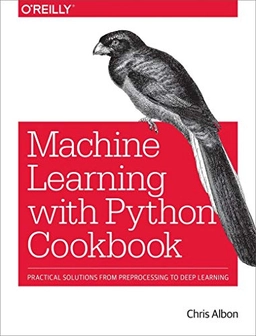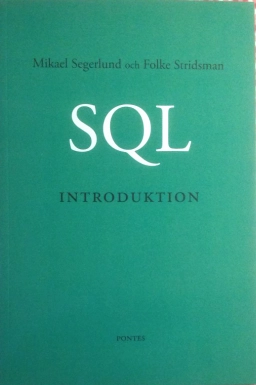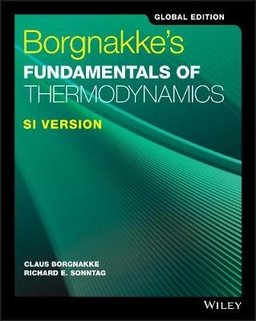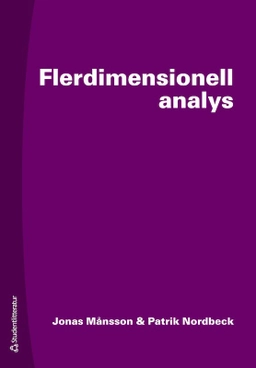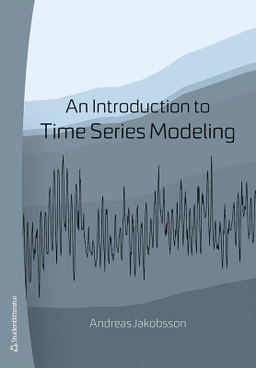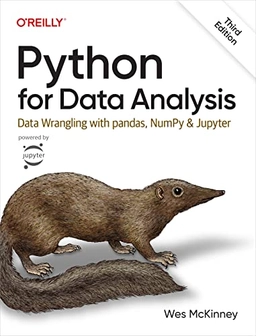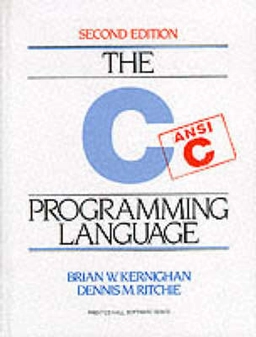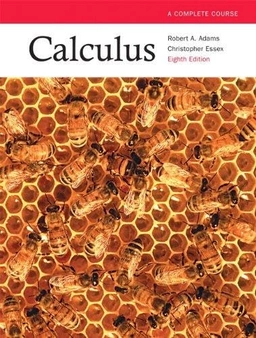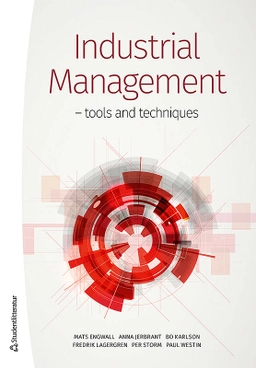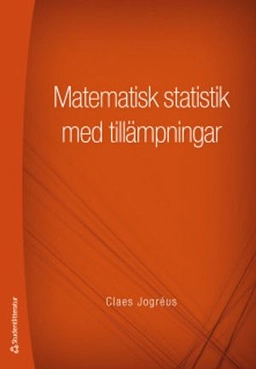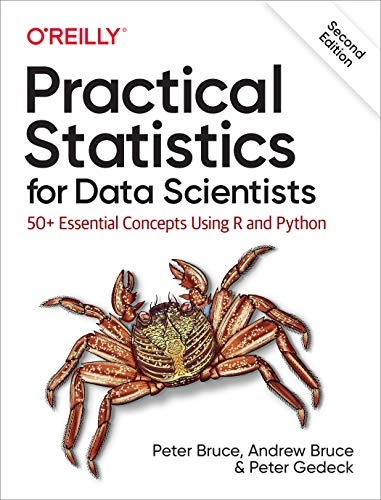

Practical statistics for data scientists : 50+ essential concepts using R and PythonUpplaga 2
- Upplaga: 2a upplagan
- Utgiven: 2020
- ISBN: 9781492072942
- Sidor: 350 st
- Förlag: O'Reilly Media, Inc
- Format: Häftad
- Språk: Engelska
Om boken
Åtkomstkoder och digitalt tilläggsmaterial garanteras inte med begagnade böcker
Mer om Practical statistics for data scientists : 50+ essential concepts using R and Python (2020)
2020 släpptes boken Practical statistics for data scientists : 50+ essential concepts using R and Python skriven av Peter C. Bruce. Det är den 2a upplagan av kursboken. Den är skriven på engelska och består av 350 sidor. Förlaget bakom boken är O'Reilly Media, Inc.
Köp boken Practical statistics for data scientists : 50+ essential concepts using R and Python på Studentapan och spara pengar.
Referera till Practical statistics for data scientists : 50+ essential concepts using R and Python (Upplaga 2)
Harvard
Oxford
APA
Vancouver

